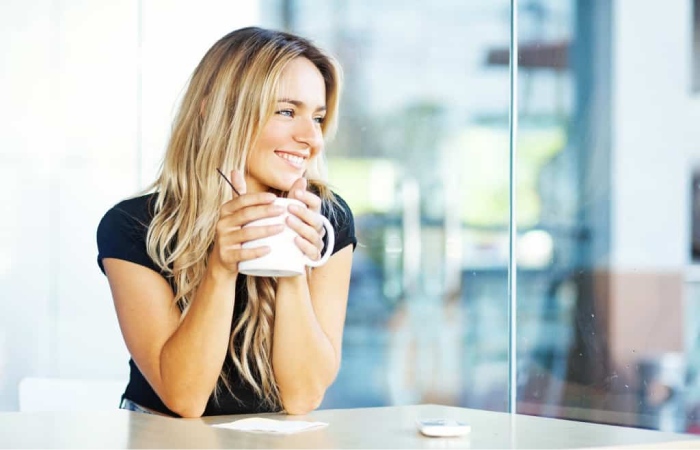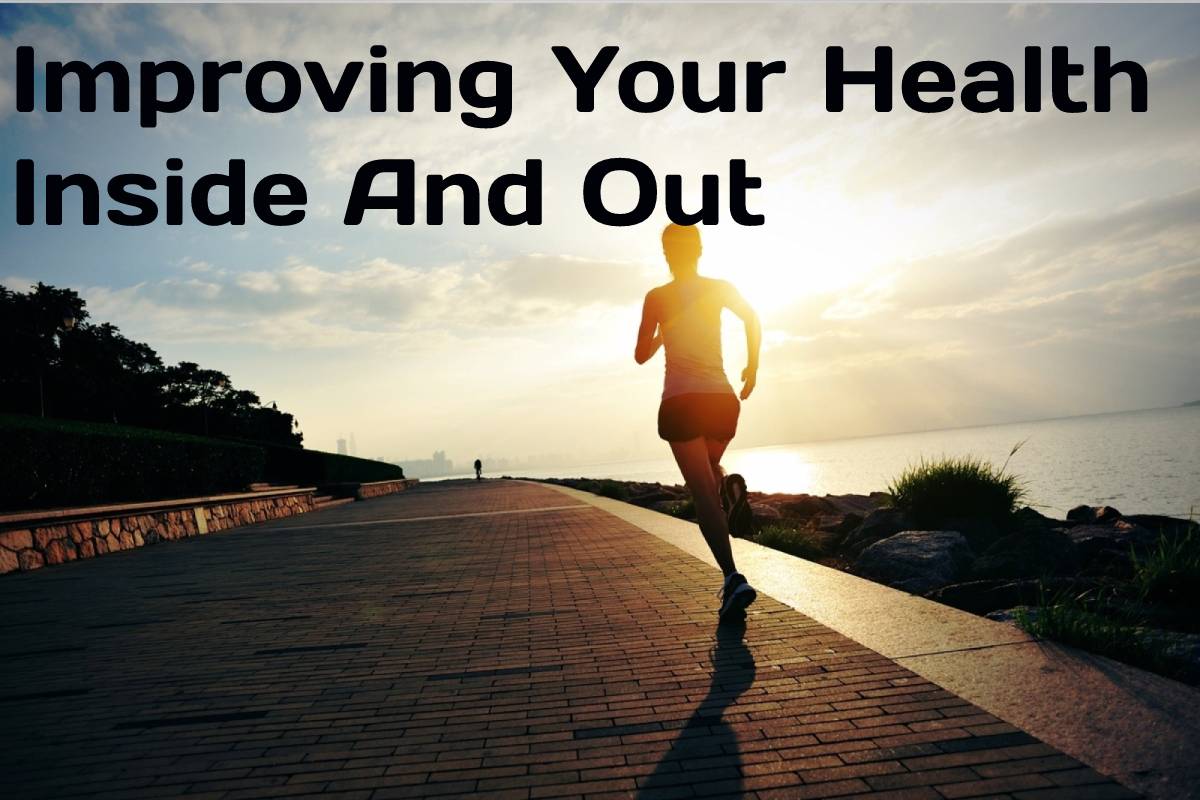When writing about improving you health more than, my columns focused on the physical body: healthy diet, exercise, and disease detection were common topics.
But the health lessons that stuck with me haven’t been about physical change over the years. The most significant improvements in my health and wellness come from inner fitness.
Inner fitness means concentrating energy on your expressive well-being and mental health instead of beating yourself up about your diet, weight, or insufficient exercise. It can contain mindfulness and meditation methods, a gratitude routine, or many other practices.
This inside-out method of health can also lead to changes in your physical well-being. Investigate shows, for example, that mindfulness can lower blood pressure, improve sleep, lead to better eating habits, and reduce chronic pain.
“Inner fitness means developing the mental, expressive, and spiritual skills and practices that foster resilience,” said Tina Lifford, writer of “The Little Book of Big Lies: A Journey to Inner Fitness.” “I want to see inner fitness become as ubiquitous, well-unspoken, and actionable as physical fitness.”
Lately, I’ve been shiny about the lessons I’ve learned about inner fitness since initialing the Well section nearly 15 years ago because I’ve realized it’s time to change. Although my talented colleagues at the Well desk will continue to write this newsletter weekly, this is the last time I will do so.
Table of Contents
Give yourself a break
The field of self-compassion has exploded since I first inscribed about it in 2011. The concept is modest: treat yourself as kindly as a friend who wants care. About 75 per cent of people who find it easy to support others score very low on tests of self-compassion and aren’t very kind to themselves, said Kristin Neff, an associate professor at the University of Texas at Austin and expert in self-compassion. Compassion.

If you often scold yourself for perceived failures, like not losing weight or not being a better parent or spouse, try taking a break from self-pity. Start by asking yourself: What do I need right now?
Be generous
Our bodies and minds benefit in many ways when we help others. Studies show that volunteering, donating money, or sharing tips with friends can release feel-good brain chemicals and activate your reward system.
The volunteers had lower stress hormones on the days they donated their time. “One of the best anti-anxiety medications available is generosity,” said Adam Grant, an organisational psychologist at the Wharton School of the University of Pennsylvania, when I interviewed him for one of my favourite stories from the pandemic, called “The Science of Helping .”
Pay attention
Good things happen when we pay attention. We can better deal with negative thoughts when we take a moment to notice negative thoughts. Observing the little wonders surrounding us when we take a “wondered” walk can amplify the mental health benefits of exercise. Identifying your feelings and naming them something scientists call “affects labelling” can calm your brain and reduce stress.
Give yourself the best hours of the day
In what period of one or two hours each day do you feel better? Are you most energetic? Are you most productive? Now ask yourself: Who gets those hours? Chances are you’re spending those highly effective hours on work demands, paying bills, checking emails, or managing household needs.
But now that you’ve identified the time of day when you feel your best try to give yourself that time advises Jack Groppel, executive coach and professor of exercise and sports science at Judson University in Elgin, Illinois. For me, this advice has been transformative. Giving yourself your best time daily to focus on your goals and values is the best way to take care of yourself.
Conclusion
A few simple steps can go a long way toward refining your eating designs and wellness. Still, if you’re trying to live better, do not just focus on the foods you eat. Exercise, sleep, and social relations are also important.
Also Read: CBD Mature Skin – For Anti-Aging, Sensitive Skin and More

